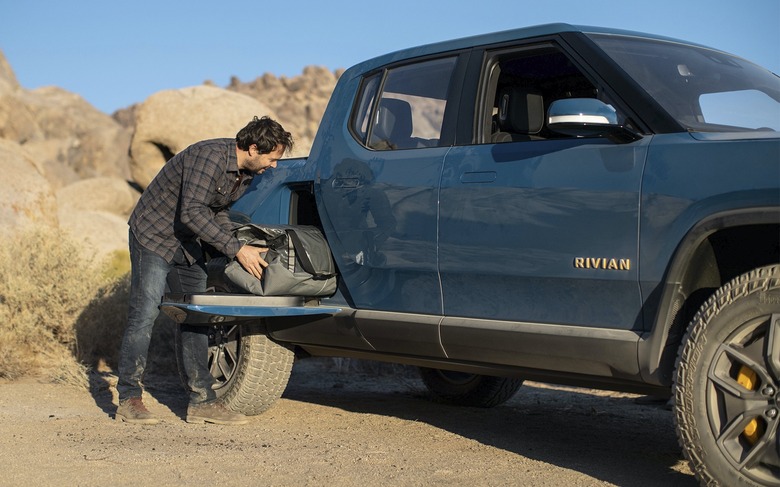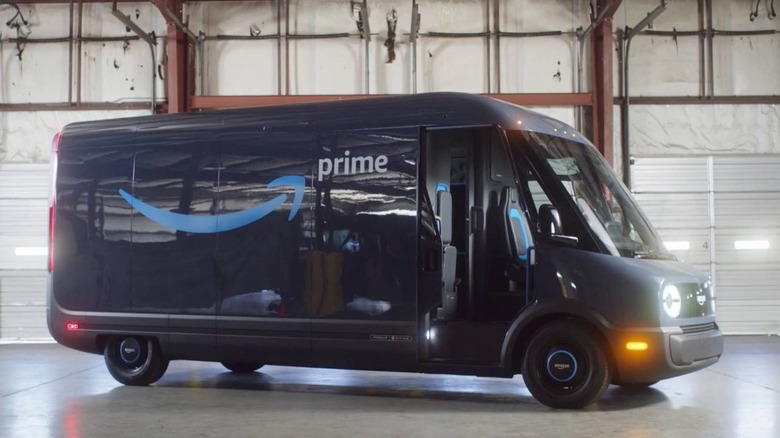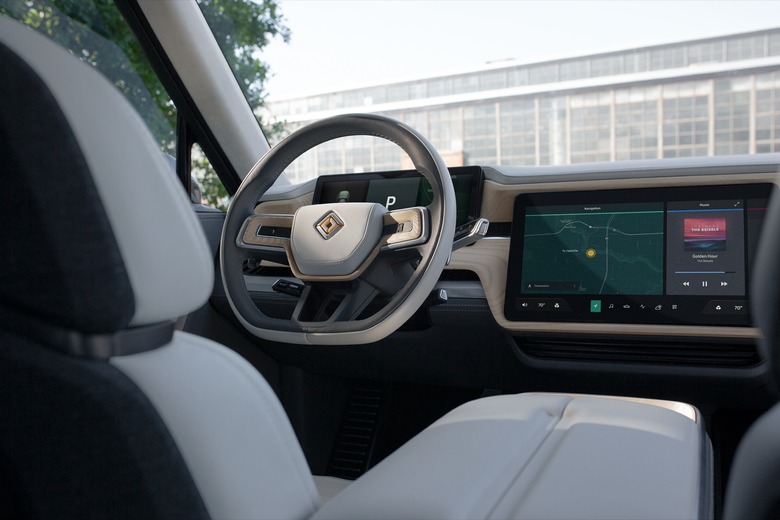Rivian Raises Another $2.65 Billion: EV-Maker Readies Amazon Vans And E-Pickup Production In 2021
Electric vehicle startup has raised a further $2.65 billion, another funding round as the automaker aims to take on Tesla and others with new pickup and SUV models, in addition to building a zero-emissions delivery fleet for Amazon. The new round – made up of new and existing investors – takes Rivian's total raise since the start of 2019 to a whopping $8 billion, despite not having delivered a single consumer vehicle so far.
Originally, the plan had been to begin production of the Rivian R1T all-electric pickup truck in late 2020, and the R1S all-electric SUV shortly after. That, for several reasons – not least the ongoing pandemic – failed to happen, with Rivian now expecting production to begin this year.

Since the R1S and R1T were announced, however, Rivian picked up some big-name backing. Amazon announced that it would purchase 100,000 electric delivery vans from the startup, co-developing several versions of the EV truck designed for urban and suburban deliveries. The first Rivian-made Amazon van was revealed in October last year.

While production may have been slow to materialize, cash certainly hasn't. Today's new $2.65 billion financing was led by funds and accounts advised by T. Rowe Price Associates, Inc, including Fidelity Management and Research Company, Amazon's Climate Pledge Fund, Coatue, and D1 Capital Partners. It saw new investors join, in addition to existing investors up their stakes in Rivian.
"This is a critical year for us as we are launching the R1T, the R1S and the Amazon commercial delivery vehicles," RJ Scaringe, founder and CEO of Rivian, said of the extra funding. "The support and confidence of our investors enables us to remain focused on these launches while simultaneously scaling our business for our next stage of growth."

Among Rivian's charms is its homegrown electric platform, which it refers to as a "skateboard" for EVs. Essentially packaging the key drivetrain hardware – including batteries and electric motors – into a single slice, it offers the flexibility to build different body styles on top. The R1S and R1T, for instance, may be an SUV and a pickup truck respectively, but they still use the same underlying drive hardware beneath those differences. Rivian says it can also scale the skateboard platform to suit anything from urban runarounds through to commercial transportation.
Still, it's not alone in that approach. Canoo, another electric vehicle startup, uses a similar modular architecture, recently showing off its own vision of EV delivery vehicles that adopt a platform previously intended for passenger vehicles.
Rivian still says it plans to begin production this year. Sales of the R1S and R1T opened up to reservation holders in November 2020, with the Launch Edition version of both vehicles selling out in around a week.
